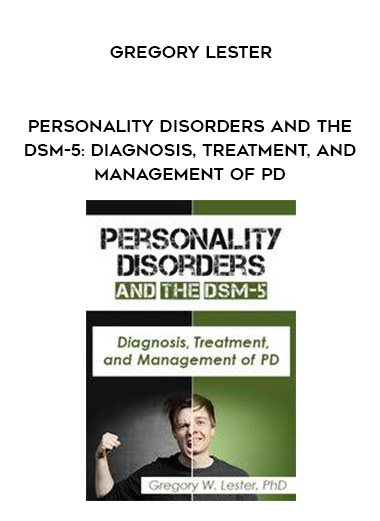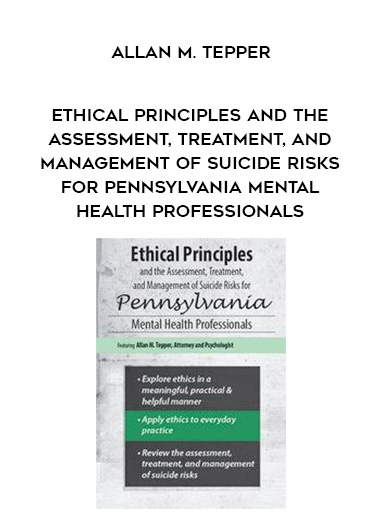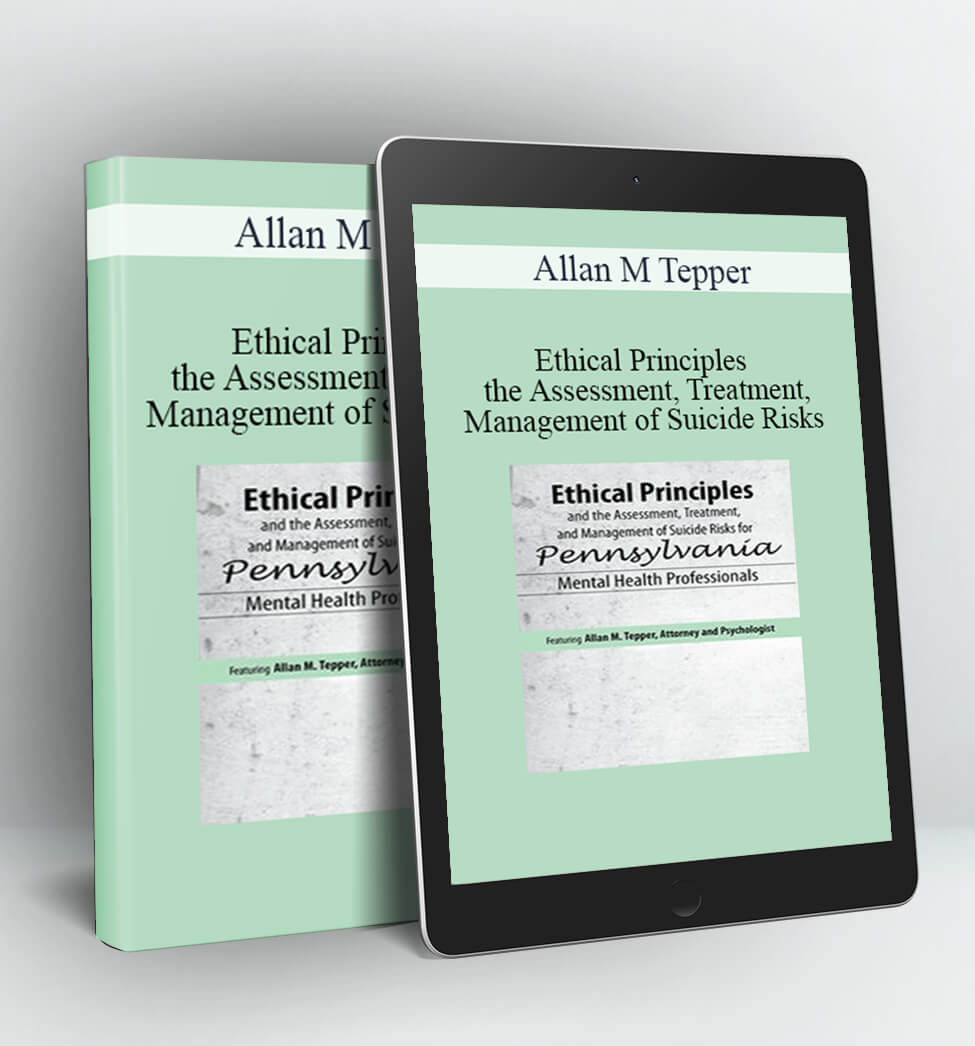PERSONALITY DISORDERS AND THE DSM-5: DIAGNOSIS, TREATMENT, AND MANAGEMENT OF PD – GREGORY LESTER
Dealing with Personality Disorders
Although widely acknowledged to be the most difficult of all mental health conditions, few professionals are properly trained to assess and intervene in cases involving personality disorders. These disorders are almost always the driving force behind stalled treatment; stressful and frustrating case management; and confusing, resistive, and seemingly unmanageable clients. Unless practitioners understand how personality disorders are unique, and learn the specific methods that are required to treat and manage them, their effectiveness will be sharply diminished and the stress caused by this clientele will be unnecessarily high.
This recording is the long-anticipated DSM-5 update of the longest running, largest attended seminar on personality disorders in the world (formerly titled, “Personality Disorders in Social Work and Health Care”). This revised recording features an updated and expanded intervention section; the DSM-5 diagnostic changes; and the most current and comprehensive information available about the identification, treatment, and management of personality disorders. Designed for practitioners who know very little about the phenomenon as well as those with highly developed assessment and intervention skills, attendees gain new understanding of the phenomenon and acquire powerful interventions for the management and treatment of their most difficult and frustrating cases.
- Identify and properly assess various personality disorders listed in the diagnostic manual as it relates to clinical practice
- Analyze the differences between personality disorders and other psychiatric disorders to inform the clinician’s choice of treatment interventions
- Examine the DSM-5’s Section 2 and Section 3 in regard to the clinician’s choice of treatment interventions of personality disorders
- Analyze specific clinical techniques for effective screening, treatment, and management for clients with personality disorders
- Examine the effects that personality disorders can have on a family unit and create strategic clinical treatment methods on how to help these family members
- Determine how to maintain your own effectiveness with clients by reviewing common mistakes made by the majority of practitioners
GET PERSONALITY DISORDERS AND THE DSM-5: DIAGNOSIS, TREATMENT, AND MANAGEMENT OF PD OF AUTHOR GREGORY LESTER
THE ESSENTIALS OF UNDERSTANDING A PERSONALITY DISORDER
- How personality disorders differ from psychiatric disorders
- Why the DSM-5 eliminated Axis II
- Why so few professionals understand personality disorders
- The unique mindset required to deal with personality disorders
THE PHENOMENON “PERSONALITY DISORDER”
- Defining a “personality disorder”
- Why personality disorders are the most difficult conditions to assess
- Why personality disorders are difficult to identify accurately
- Why psychiatric medication does not work with personality disorders
- Why traditional psychotherapies do not work with personality disorders
- Why personality disorders appear to be increasingly prevalent
THE EFFECTS OF A PERSONALITY DISORDER
- What a personality disorder does to the patient
- What a personality disorder does to the family
- Why people with personality disorders make problems worse
- How professionals keep from getting caught
EFFECTIVELY IDENTIFYING PERSONALITY DISORDERS
- The DSM-5 and personality disorders
- Effective and quick screening for a personality disorder
- Clinical confirmation of a personality disorder
- The four essential pieces of data that a diagnosis provides
- What each DSM-5 diagnosis actually means
- Research findings about the cause of personality disorders
AVOIDING INTERVENTION MISTAKES MADE BY 90% OF PRACTITIONERS
- The single reason most professionals do poorly with personality disorders
- The relationship style that is effective in dealing with personality disorders
- Why patient “history” is not the important element in effective interventions
- How treatment repairs a disordered personality
EFFECTIVE INTERVENTIONS FOR PERSONALITY DISORDERS
- The common principle guiding all effective interventions
- “Treating” versus “Managing” personality disorders
- Treatment that is designed to produce optimal functioning
- Treatment that is designed to produce adequate functioning
- Treatment that is designed to produced targeted improvement
- Management for harm-reduction
- The fundamental reframing management procedure
- The fundamental behavioral management intervention
ADDITIONAL TOPICS COVERED IN THE MANUAL
- Typical marriage pairings of individuals with personality disorders
- The occurrence of personality disorders in youth
- Prognosis of the different personality diagnoses
- How to evaluate the “treatability” of individuals with personality disorders
- Self-care for the practitioner
- Crises






